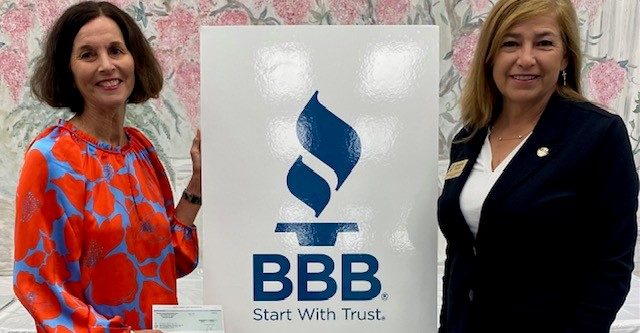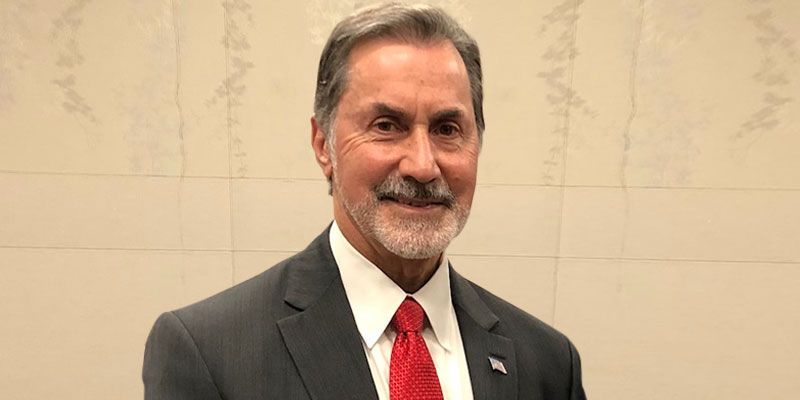The voice on the other end announces they are from the “Coronavirus Response Center.” What do you do?
Hang up.
Scammers are trying to take advantage of people during the COVID-19 outbreak with a new wave of fraudulent schemes that involve telephone calls and phony emails (phishing), according to the FBI and the Secret Service. And the one common goal is to part you or your business from your money.
“The coronavirus is a prime opportunity for enterprising criminals because it plays on one of the basic human conditions: fear,” the Secret Service said in a MarketWatch story. “Fear can cause normally scrupulous individuals to let their guard down and fall victim to social engineering scams, phishing scams, nondelivery scams, and auction fraud scams.”
While the Secret Service is tasked with protecting the President, the agency also fights financial crimes.
Regions works with all law enforcement to protect customers from the latest schemes, which take advantage of unique situations.
“Fraudsters have begun leveraging concerns about the coronavirus (COVID-19) to target businesses and individuals,” said Jeffrey Taylor, head of Commercial Fraud Forensics for Regions. “These parties send emails that appear to come from the World Health Organization (WHO), Centers for Disease Control (CDC), or other reputable health organizations.”
The emails may include links to what they claim are tips for safety measures, prevention or updates. In reality, the links may either route the unsuspecting recipient to a website controlled by the fraudsters or install malware on the user’s computer. Once the malware is installed, the fraudster may be able to take control of the computer or capture passwords or other credentials used to access secure sites.
“Business email compromise continues to be the most common attack used by fraudsters,” Taylor added. “Thoroughly investigate the email address of the sender and call a number known to you to verify any change in payment terms.”
Similarly, fraudulent phone calls are meant to gain your trust and information.
The Cybersecurity and Infrastructure Security Agency (CISA) offers consumers more common-sense advice:
- Government agencies will never call or text you unsolicited and demand immediate payment to avoid arrest or other legal action.
- Government agencies will never ask you to pay fines or fees with retail gift cards, prepaid debit cards, wire transfers, internet currency, or by mailing cash; and
- If you receive these calls or texts, hang up or ignore them, and talk to friends and family to make sure they do the same.
Knowledge and awareness are powerful defenses against cybercrime. For more fraud prevention tips and information, visit Regions’ Fraud Prevention Resources.
(Courtesy of Regions)













